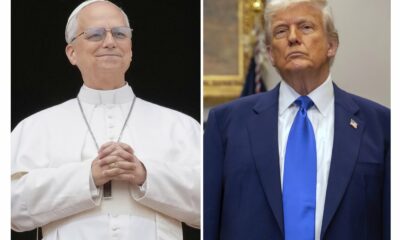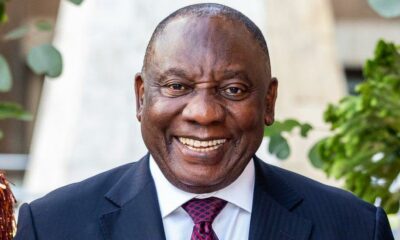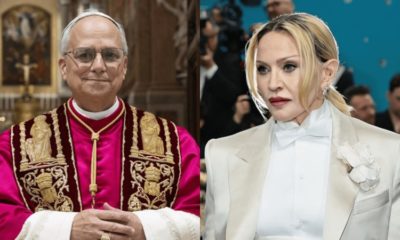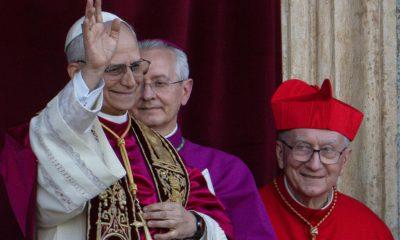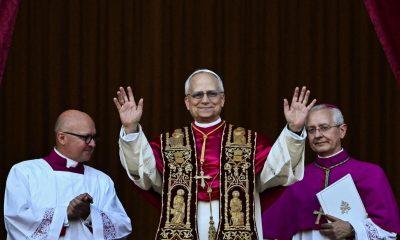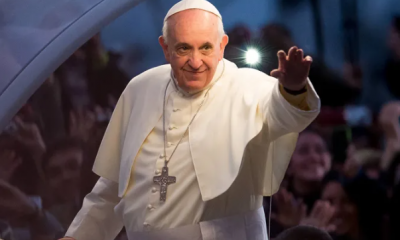News
Pope Leo XIV returns to Nicaea with a call for unity in a divided church
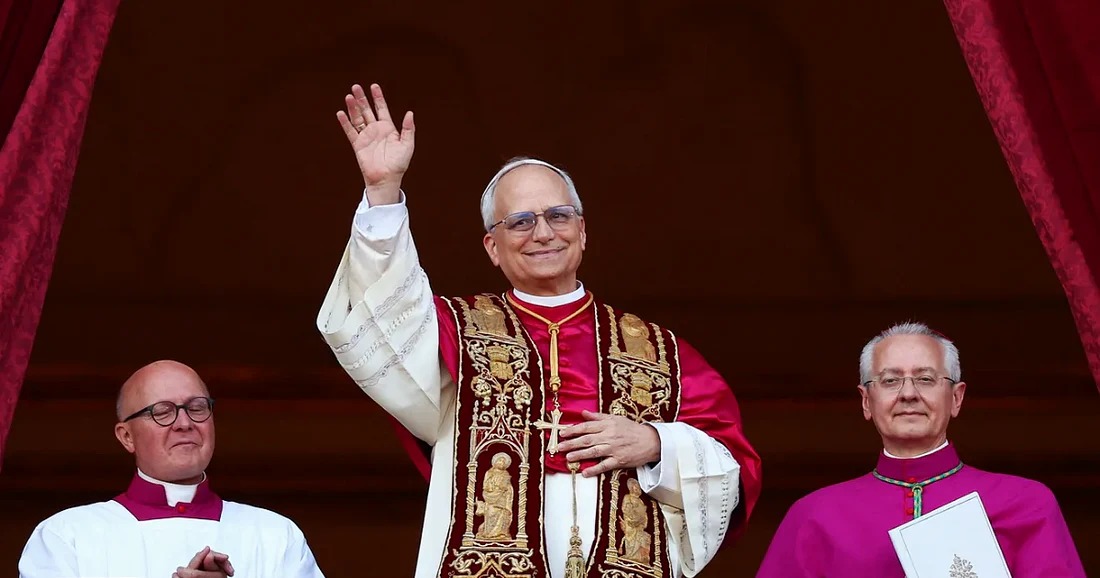
A pilgrimage to the birthplace of Christian unity
Seventeen centuries ago, the young Christian world gathered in Nicaea to settle one of the fiercest theological disputes of its age. Today, the ancient Anatolian city, now Iznik in Turkey, is hosting a very different kind of gathering. Pope Leo XIV, on his first international trip as pontiff, has arrived to mark the anniversary of the Council of Nicaea with a message that feels tailor-made for a world struggling with division.
The pilgrimage is symbolic. It returns Christianity to the place where unity was once fought for through heated argument, imperial intervention, and centuries of reflection. This time, the mood is more contemplative. Leo has invited Eastern Orthodox leaders, diplomats, and other religious figures to pray together near the submerged ruins of the Basilica of St Neophytos, a site that lies just beneath the waters of Lake Iznik. His hope is to remind believers of the era before fractures, before rival doctrines, and before the many splits that still shape Christianity.
Yet as he stands on this historic ground, the new pope is also acknowledging that the faith has never existed without disagreement. That, too, is part of the story.
A Chicago-born pontiff with a clear vision
Pope Leo has arrived with a style that many describe as measured, thoughtful, and rooted in a desire to bring people together. The first United States-born pontiff, he grew up in Chicago and still shows affection for his home country. On the papal flight, he greeted journalists, thanked them for sharing the truth, and even accepted Thanksgiving treats and a vintage White Sox baseball bat used by Nellie Fox.
Although new in the role, he has positioned himself quickly. He wants to be remembered as the pope of unity and peace. He has echoed Pope Francis on migrant rights, poverty, climate action, and the danger of religious hypocrisy, but his tone is gentler, more reserved, and deliberate. This approach has already earned admiration from some corners of the church and unease from others.
Confronting a church shaped by modern divides
Leo steps into leadership during an era of culture wars that stretch across continents. Questions once debated by fourth-century theologians are long resolved, but new rifts have emerged. Some revolve around politics. Others surround topics such as migration, inequality, climate change, and gender identity.
During a speech at the National Library in Ankara, in front of President Recep Tayyip Erdogan and an audience of diplomats and civil society figures, Leo warned against a world that treats power as the ultimate authority. He called for compassion, for recognition of the dignity of every person, and for a rejection of extreme positions that tear societies apart.
These remarks are connected with some. For others, they raised the same concerns that emerged during the Francis era, particularly among conservative Catholic groups in the United States. Many of these groups supported tougher migration measures under President Donald Trump. They now watch the Vatican’s messaging on migrants with a wary eye.
Old debates meet a digital age
The anniversary of Nicaea comes at a moment when theological disagreements are once again highly visible. In recent weeks, the Vatican clarified that Mary should not be understood as a co-redeemer, meaning she does not share in the act of salvation in the same way as Jesus Christ. This decision sparked criticism from traditionalist voices who felt it broke with established Marian thought.
There are also ongoing tensions over the Latin Mass, the role of women in ministry, the acceptance of same-sex couples, and calls from some African clerics for a more understanding stance on polygamy. The Vatican reaffirmed its belief in monogamy in a new document that warns against the illusion of fulfilment through multiple relationships.
Younger generations of priests and seminarians are increasingly conservative. Meanwhile, progressive regions such as Germany continue to push for reforms, creating pressure from both ends of the ideological spectrum. These currents leave Leo navigating a complex landscape that mirrors the wider turbulence of global Christianity.
A reminder from Nicaea
Nicaea itself once hosted an argument that became so fierce it altered the course of church history. Arius, an early Christian elder, taught that Jesus was created by God the Father and therefore not coeternal. His opponents disagreed fiercely. Councils were called, alliances formed and dissolved, and even exile was used to enforce decisions. The resulting doctrine helped shape the concept of the Holy Trinity.
Much has changed since then. As one Vatican observer noted, at least the faith no longer resolves disputes with exile or violence. Yet the underlying truth remains. Christianity has always been a community where disagreement is unavoidable.
Leo appears to recognise this. Before the trip, he challenged Catholics to examine their conscience and to consider how they care for the earth, how they treat the vulnerable, and whether they are willing to share resources fairly. He did not pretend that unity is easy. Instead, he described it as a long journey that requires patience, repentance, and genuine listening from all sides.
At Nicaea, the church sought clarity on the nature of Christ. Today, it seeks clarity on how to remain united in a world that constantly pulls people apart. Leo’s challenge is to guide that search with the calmness and conviction that his early days as pontiff have already revealed.
Follow Joburg ETC on Facebook, Twitter, TikT
For more News in Johannesburg, visit joburgetc.com
Source: IOL
Featured Image: Ascension Press

